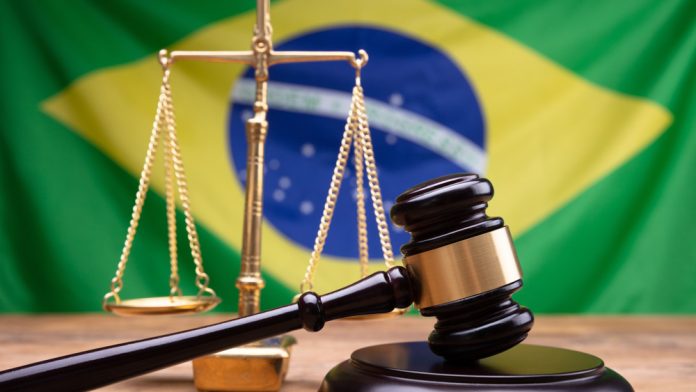The Ministry of Finance of Brazil has revealed it will suspend all businesses that haven’t applied for licence authorisation by 1 October.
It all forms part of the country’s wider strategy for the launch of the market in the new year.
Only companies that are already operating and have requested authorisation by 30 September 2024 will be allowed to continue operating until December 2024. Starting from 1 January 2025, only fully compliant companies will be able to operate.
On 20 August, the federal government office SIGAP closed the preliminary licence application window, with 113 businesses submitting applications.
The Secretariat of Betting and Prizes (SPA) is currently reviewing these applications to ensure that businesses meet the technical requirements for operating in the Bets market.
Regis Dudena, General Secretary of the SPA, stated that the adaptation period will last until the end of December for businesses that have demonstrated their commitment to acting in accordance with Brazilian laws.
The SPA reminded applicants that they must comply with Law No. 13,756/2018 and Law No. 14,790/2023, which include strict regulations on fraud prevention, money laundering, and IT security. These measures will come into effect from the launch of the Bets market.
Qualified businesses will need to make a R$30 million payment to the Ministry of Finance by the end of 2024 to complete the licensing process.
Operators that did not submit authorisation requests by the deadline will be considered illegal starting in October 2024. They must cease operations, but will have until 10 October to refund customer funds, close accounts, and exit the market.
If they continue operating, they will face persecution from the SPA, Ministry of Finance, and other relevant authorities for violating Brazil’s new gambling laws.
These new measures aim to protect consumers from fraud and illegal activity in the betting sector while ensuring businesses comply with Brazilian regulations.
By 30 September 2024, all authorised companies must submit details of their operating trademarks and websites during the transition period.
Regis Dudena highlighted that police operations have already exposed companies using the betting market for criminal activities. He emphasised the importance of acting quickly to eliminate bad actors from the market before January.
“Our goal is to protect the mental, financial, and physical health of bettors by preventing companies from using sports betting and online games as a tool for fraud and money laundering,” he said.











